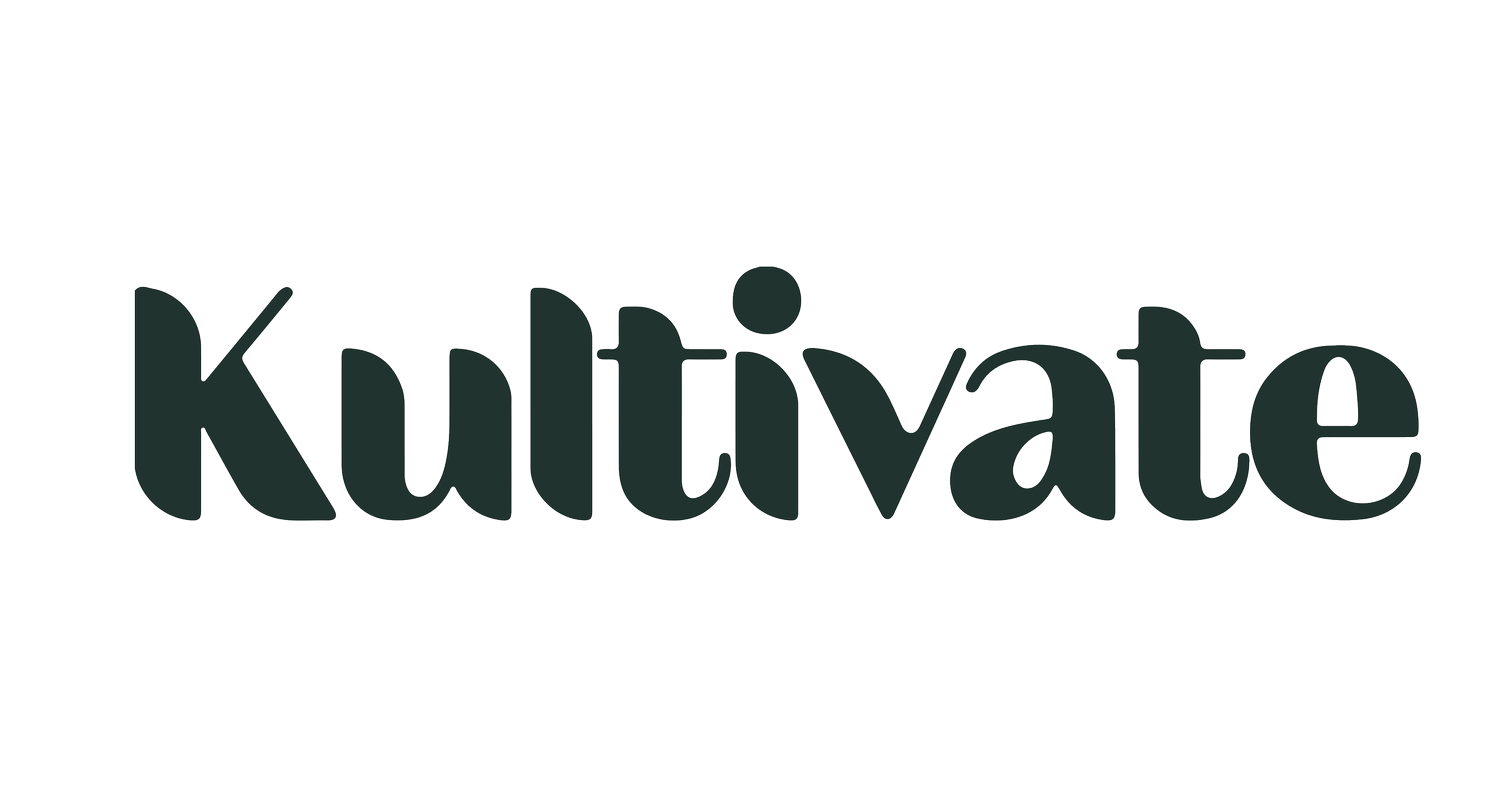How to avoid ableist slurs
Liel Bridgford [4 min read]
CW: ableist slurs, ableism, ignorance. Note: Slurs are censored throughout this post in respect to people who may be affected.
As a kid my classmates’ favourites slurs to use against me was crip*. This would be followed by a laugh from this kid, and sometimes those around him too.
An ableist slur is a word or a phrase used degradingly to exclude, marginalise and discriminate against disabled people.
Today I still hear many ableist slurs around me, most often used by people who are unaware of the impact this can have on us as disabled people. When any person hears derogatory language used about them or their characteristics, it is inevitable that they internalise such damaging beliefs, such as that they’re not good enough.
Why should you care?
Ableist slurs are one tool by which society deems different bodies and minds as subhuman, therefore leaving the power outside the hands of disabled people. Using ableist slurs reinforces the status quo of disabled people being marginalised, excluded, shamed and discriminated against in our society. Ableist slurs therefore, work to further disable people with bodily impairments, cognitive difference, or who are otherwise considered “nontypical.
Historically, people who have been labelled with words such as crip*, craz* or blind have been ostracised, abused, neglected and killed. Unfortunately, that still happens under our watch to disabled children and adults in Australia and beyond.
Almost one in five Australians live with a disability, many of these are invisible or dynamic, so you wouldn’t be able to tell simply by looking at a person. If you believe everyone deserves to develop a healthy sense of self and to be included in our society, then avoiding ableist slurs is a simple way to contribute.
How to avoid ableist slurs?
Ask yourself: Does this word relate to a bodily/cognitive/information processing or other impairment? Has this word been used as a negative description of something (an object, person, behaviour etc)? Has this word been historically used to shame or dehumanise people? What context am I using this word in? Would I use this word if a person with the associated impairment was in the room?
If in doubt, be cautious and choose an alternative word.
Learn from the disability community and other marginalised communities about what is considered a slur.
Find alternatives and practice using them - you can find a list of slurs and alternatives on the Austic Hoya blog here.
Reclaiming disability language is something only the disability community can do. Reclaiming happens when a marginalised group owns back a perviously degrading phrase and creates new meaning to it by purposefully using it. For instance, using the word “disabled” as a way to express one’s feeling of being disabled by society or affiliation with the disability community.
Ask instead of assume - research words you commonly use and check with the disability community and our resources if your language is considered ableist.
Reflect - if you think you may have used ableist language, reflect on your choice of words, apologise if you did, and commit to unlearning your biases.
